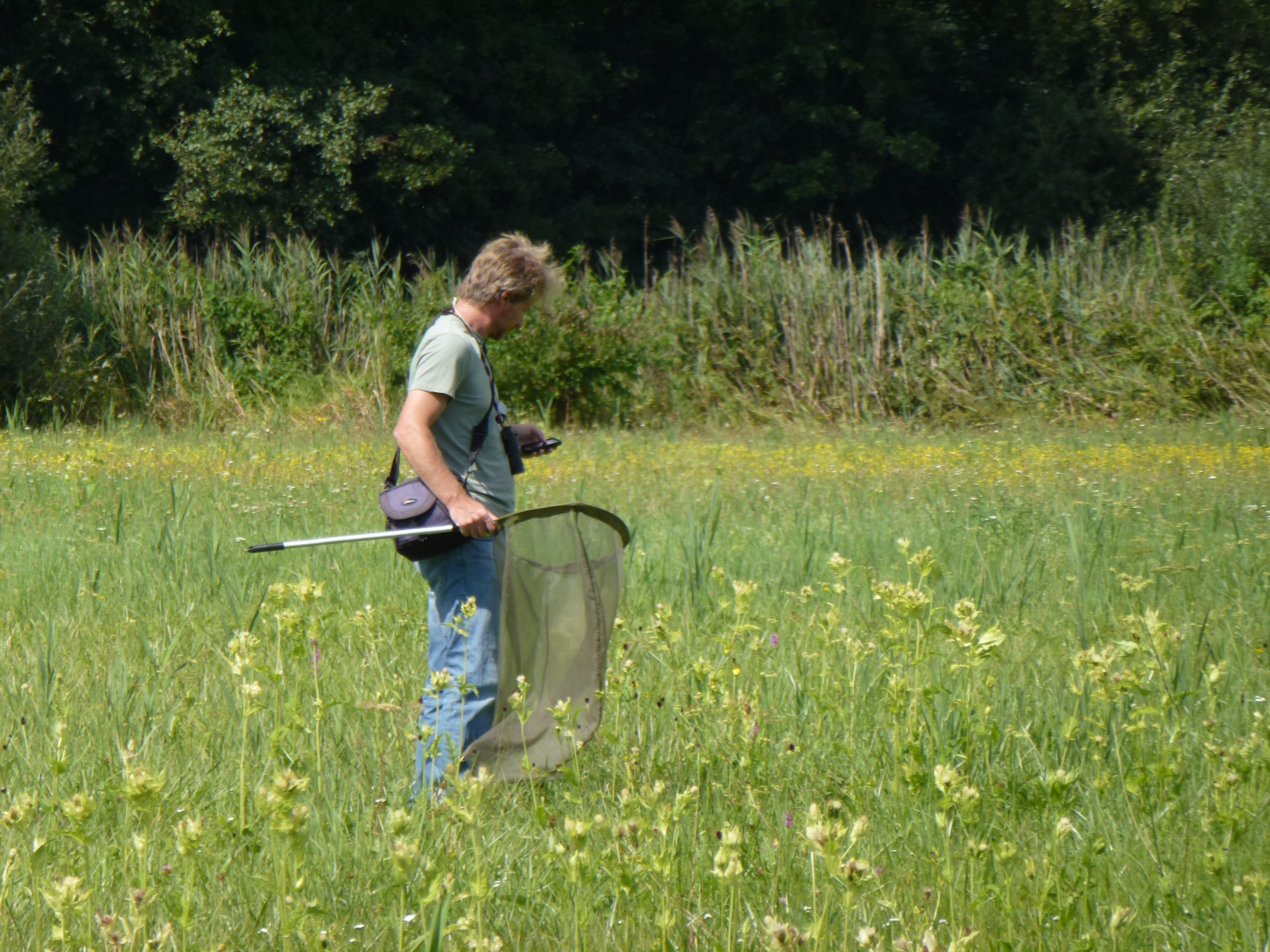
What are Registered Reports?
Under this format, peer review of an article is split into two distinct stages. In stage 1, a paper is submitted and assessed before data is actually collected; manuscripts contain only an Introduction and Methods section (along with any relevant pilot data). This allows reviewers to focus purely on assessing the clarity of the scientific question being asked, the feasibility of the proposed methodology to answer it, and the rigor of proposed analyses.
If a paper passes stage 1 review, authors are offered ‘in principle acceptance’ indicating that the article will be published pending successful completion of the study. Once data has been collected, results analysed, and conclusions drawn, papers enter stage 2 of the review process. Reviewers assess whether the approved research protocol has been adhered to and whether the conclusions drawn are justified by the results.
If a research question is worth asking, the answers are worth publishing – whatever they are.
For full details of how Registered Reports work (for both authors and reviewers) please see our website.
Why use Registered Reports?
There are several potential benefits to this novel approach to peer review. For one, it removes any temptation on behalf of reviewers and editors to judge a study purely on the perceived novelty or importance of the results.
Much has been written about the negative ramifications of such an approach; both the possibility of methodologically lacking but ‘sexy’ studies being published, and the potential for methodologically strong studies with ‘negative’ results to struggle to be considered (or simply be kept in the file drawer). Registered Reports are focused on the idea that if a research question is worth asking, the answers are worth publishing – whatever they are.
The Registered Report format also reduces any temptations (whether conscious or not) on the behalf of researchers to change their research hypothesis post-hoc to match their eventual results. The field of ecology is perhaps especially prone to such conscious or unconscious ‘harking’; ecological research often involves an initial explorative approach leading to observational and correlational evidence that can be potentially tweaked to support multiple hypotheses.
There is of course also a benefit to researchers in receiving feedback on their methodology while it is still possible to make adjustments. In the traditional review process, when researchers are presented with that overlooked weakness in their methodology it is all too late; their time (and limited funding) has been wasted on a flawed project. With Registered Reports, researchers can fine-tune their protocols with the benefit of expert feedback before setting out to gather the data.
Ecologists as a field have shown considerable enthusiasm for innovations in peer review
Why BMC Ecology?
Registered Reports are not a new idea. Or at least not that new; over 50 journals, in a wide variety of biomedical fields, have begun to accept the format in recent years. Just within BMC, our sister journals BMC Biology and (from today) BMC Medicine accept Registered Reports (you might be interested in this eloquent explanation by the then Chief Editor of BMC Biology of her thoughts on the benefits of Registered Reports).
However BMC Ecology is the first journal within the BMC-series to consider Registered Reports; more importantly, we are also the first dedicated ecology journal to do so. Why do we feel the field of ecology is a good place to trial Registered Reports? Partly it is because ecologists as a field have shown considerable enthusiasm for innovations in peer review; for example Peerage of Science and (the sadly now defunct) Axios Review were heavily driven by ecologists (and both were strongly supported by BMC Ecology).
Perhaps this suggests that ecologists find the novelty-based criteria used by many journals to be an increasingly large drain on their time and are keen to look for ways to get their work published in a quicker and fairer way.

Looking forward
We are aware that the ecological community has specific needs that may entail changes to the ‘default’ Registered Reports format. As standard, we will stipulate a timeframe of one year between the end of stage 1 review/in principle acceptance and submission of the completed study and the beginning of stage 2 review. However, we are aware that for some studies (such as those involving multiple field seasons) this will not be feasible; we will be happy to discuss extending this period when necessary.
Similarly, we know that the nature of ecological research means that even the best research protocols may need to change when faced with the reality of field-work; problems will be encountered that to solve will require modifications to the proposed protocol.
As such, we will be happy for authors to modify their protocols, and present exploratory analyses that may be suggested by interim results (along with serendipitous findings), as long as these are clearly marked as such in the final paper (and of course if our reviewers agree the changes and additions are justified). Note also that the Introduction cannot be changed after data collection, ensuring that the initial rationale of the study is clearly presented to readers no matter the changes that occurred during the actual course of the research.
Of course the idea of Registered Reports will not appeal to everyone, and we intend it to complement rather than supplant the ‘traditional’ peer review process. We see the inclusion of Registered Reports in BMC Ecology very much as an experiment in itself; we are excited about working with the ecology community to determine if this format can improve peer review to better meet their needs. We believe that this initiative will help improve the credibility and transparency of the review process and we hope that our enthusiasm is shared by the authors, reviewers, and readers of BMC Ecology.
If you would like to enquire about any aspect of the Registered Reports review process, or have any feedback, please do get in touch with us: bmcecol@biomedcentral.com
Comments